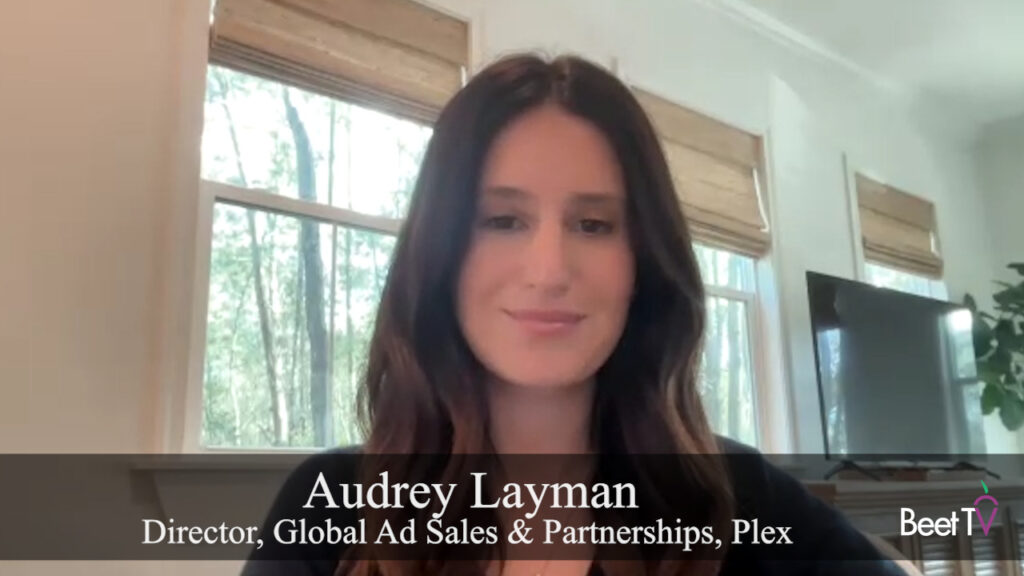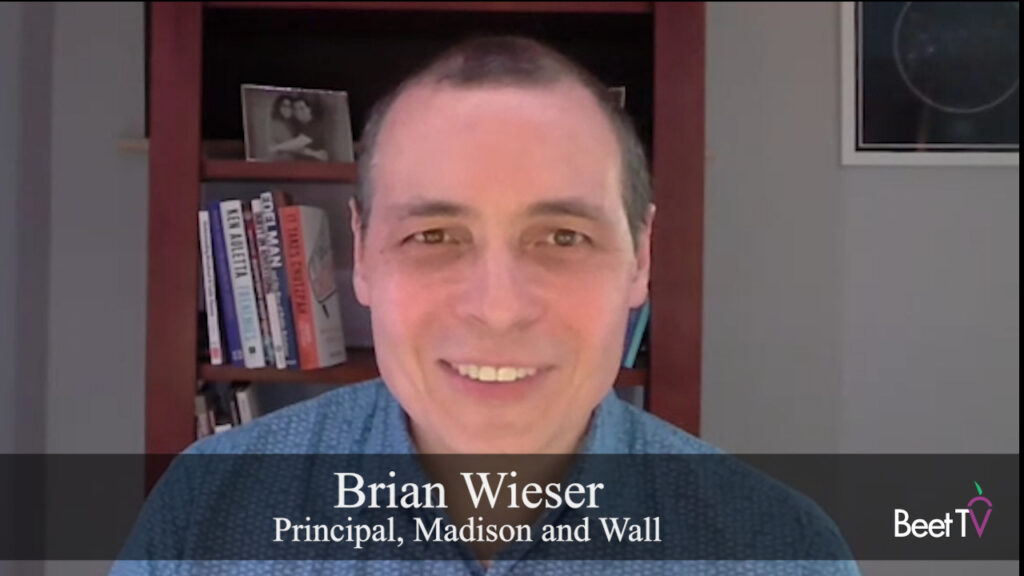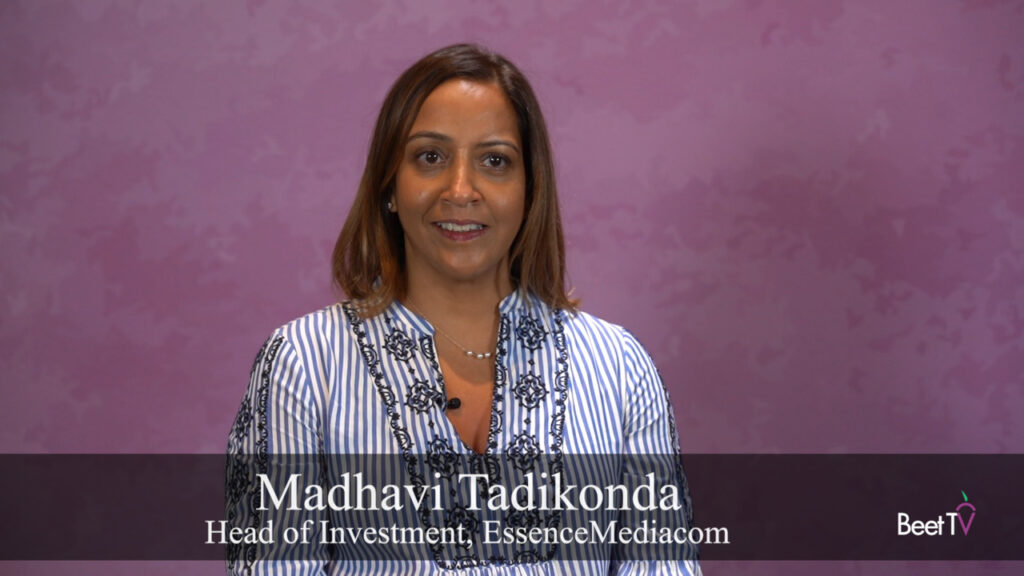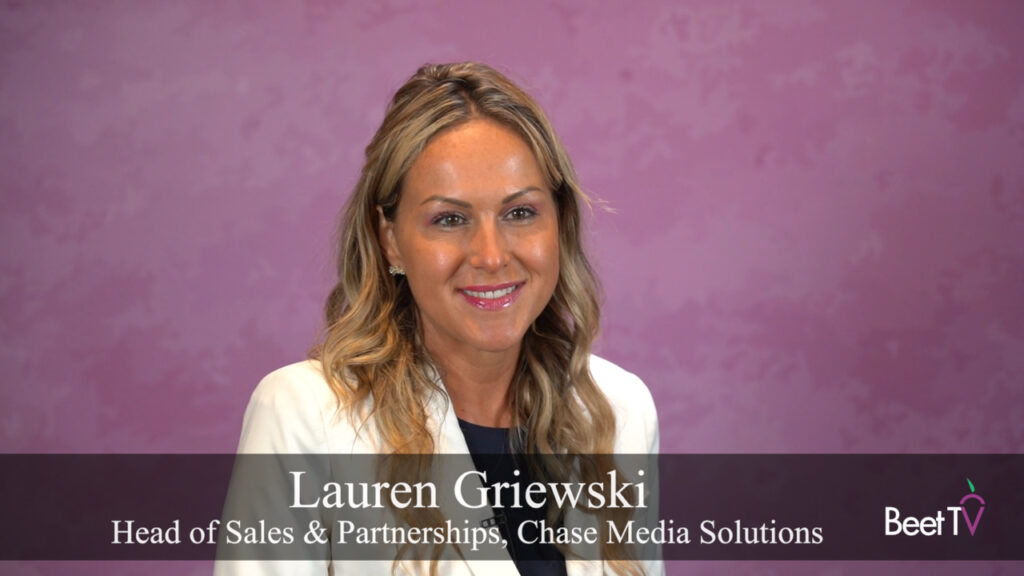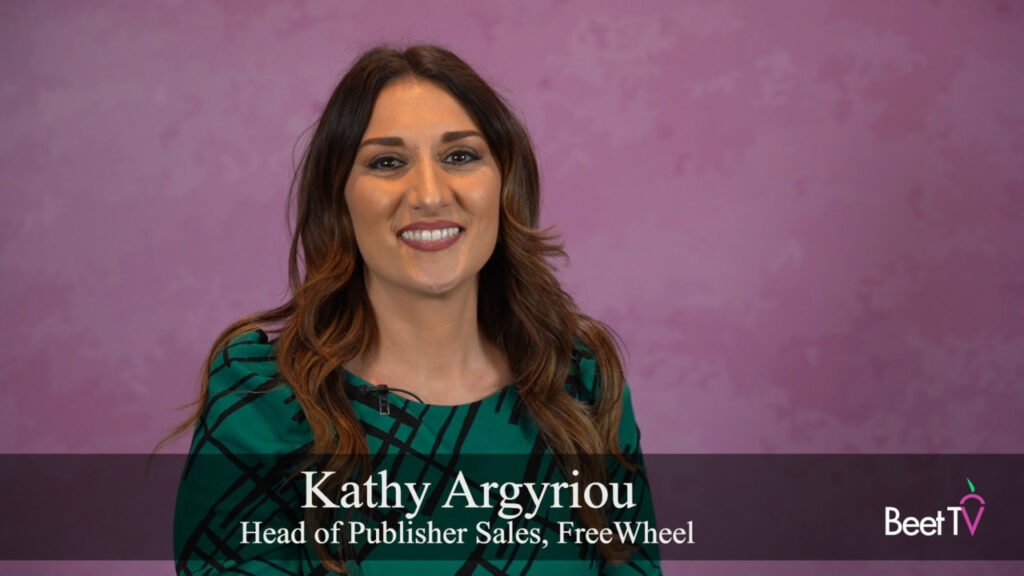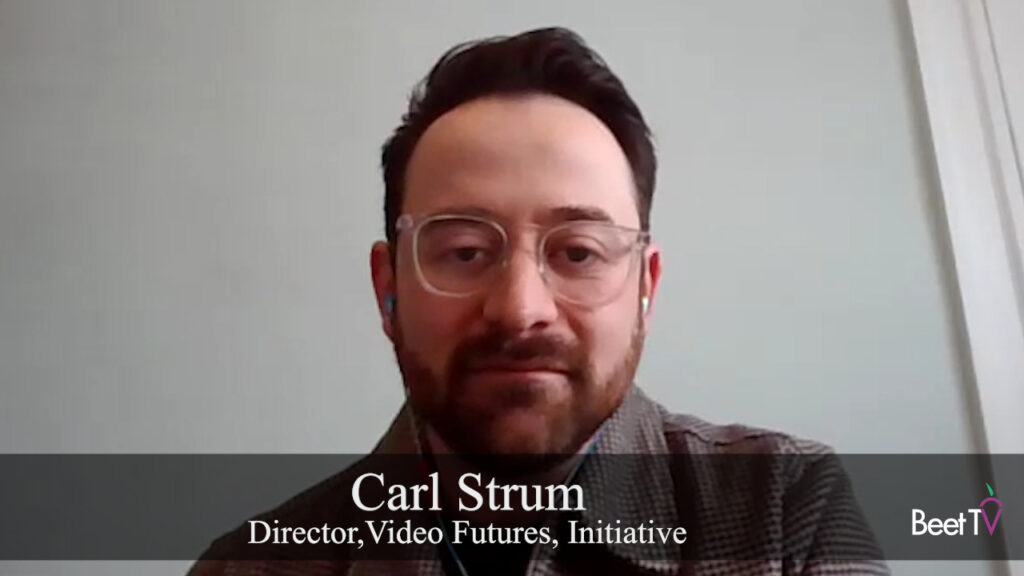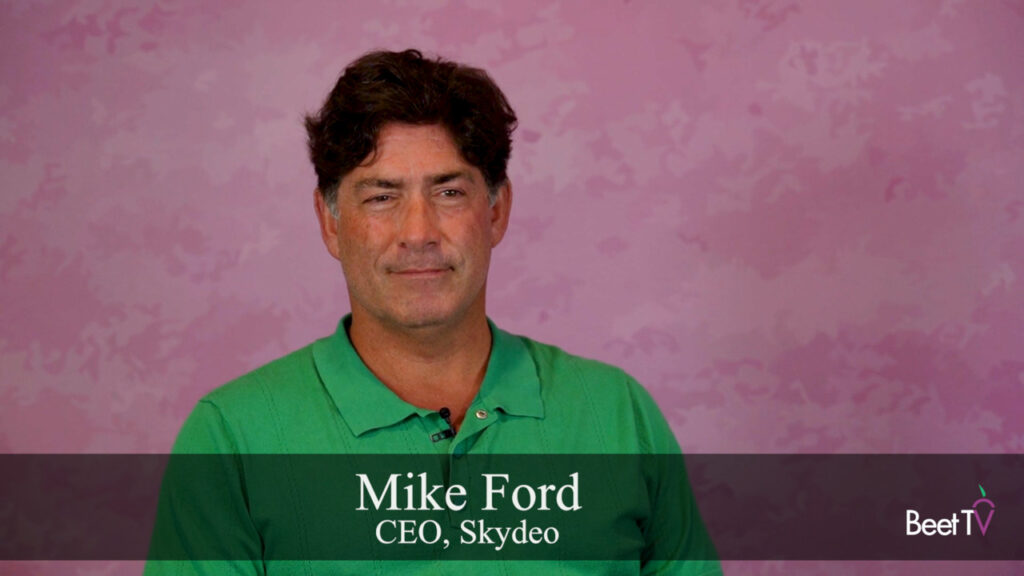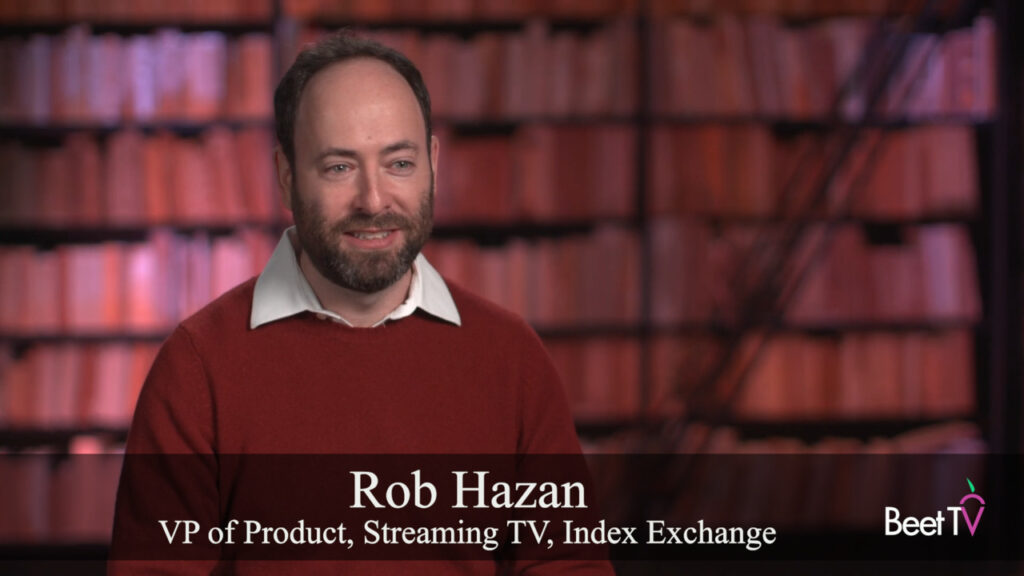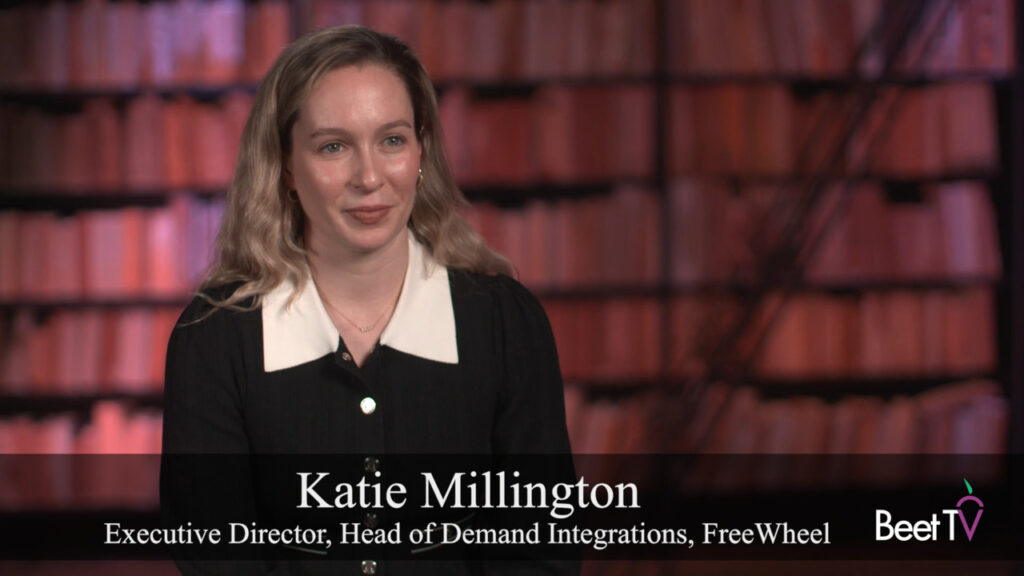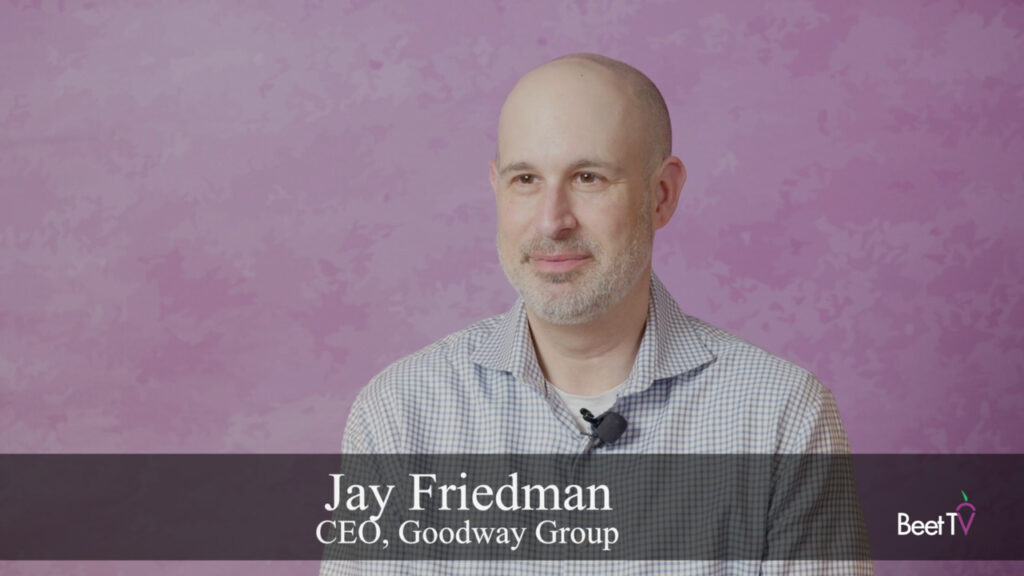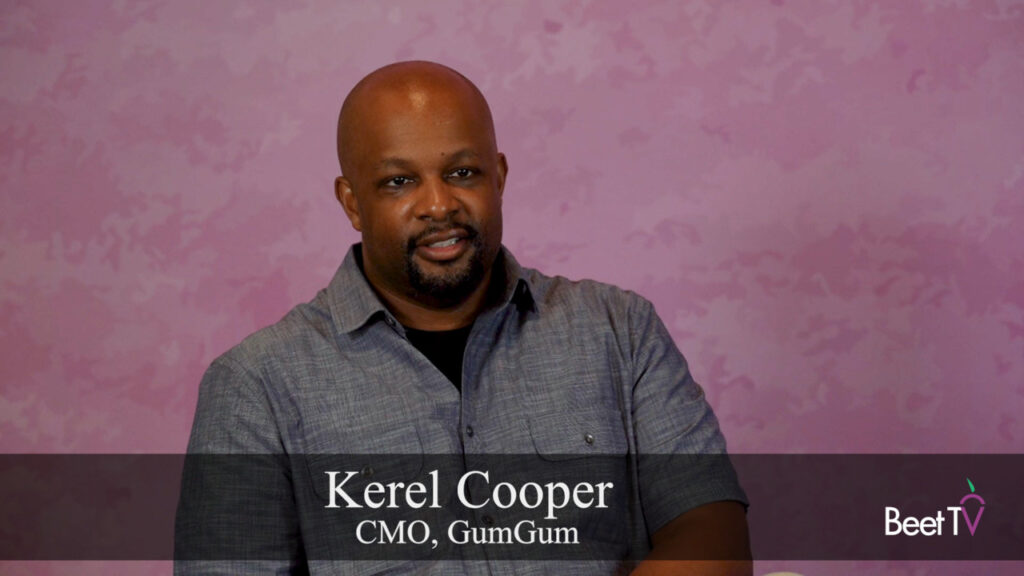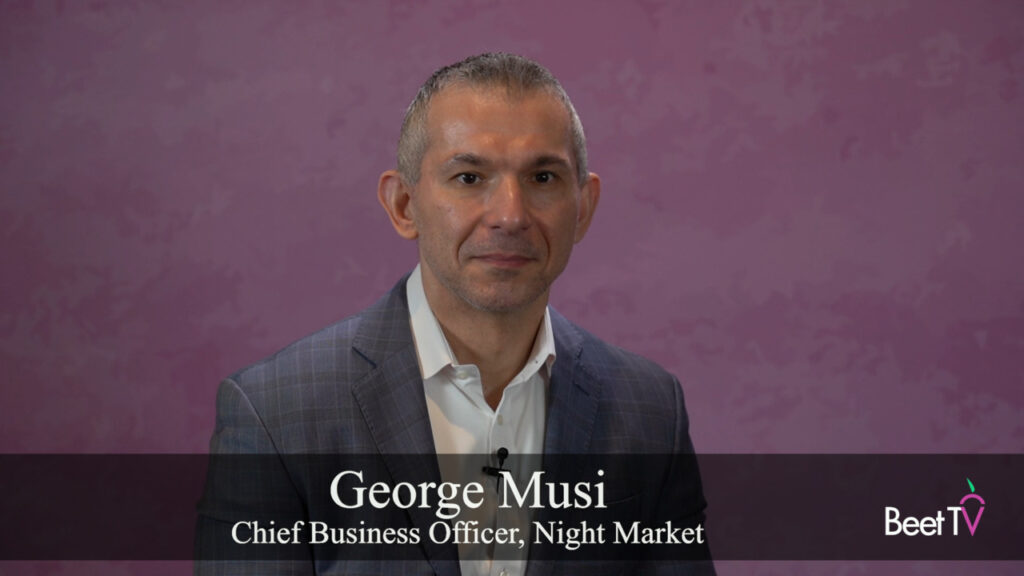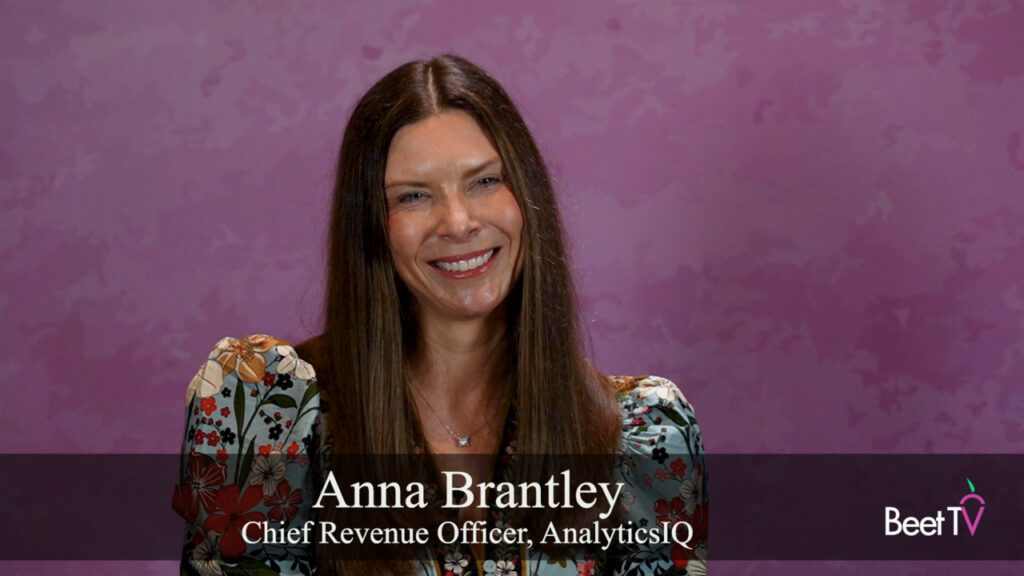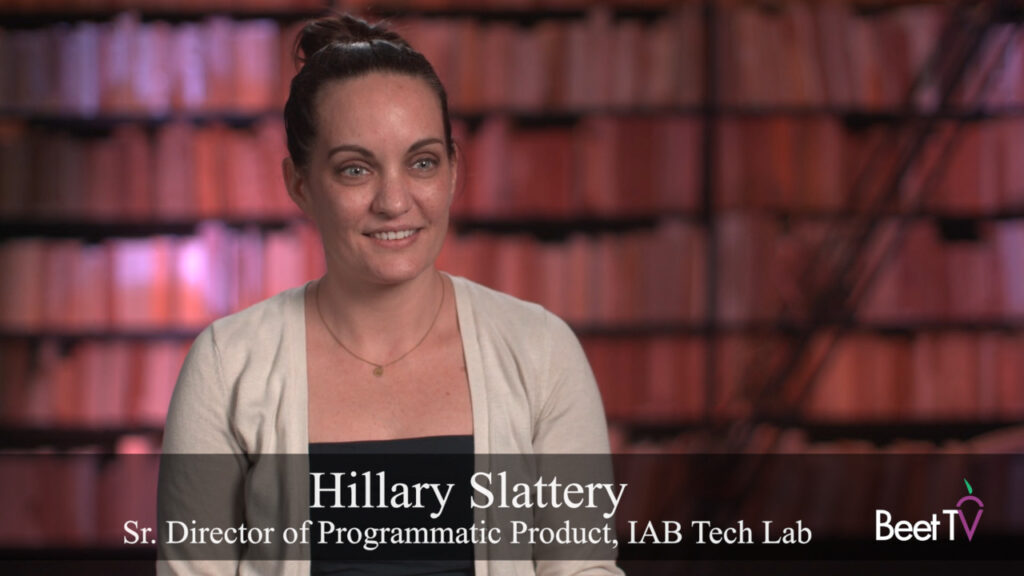This time last year, Forbes magazine wrote Scott Ferber “has what it takes to be world-class business builder”.
After all, six years after founding the online ad network Advertising.com with his brother in 1998, a 35-year-old Ferber sold the company to AOL for a hefty $495m.
Many a founder would have taken the opportunity to cash out after that kind of exit. But Baltimore-born, Stanford-educated engineer Ferber wanted to keep going – now he is taking as much pleasure from the bad times as the good.
“People on the outside would say it (Advertising.com) was my greatest accomplishment,” he tells Beet.TV in this video interview. “But the industry changes and the fact we’re addressing the television convergence (with Videology) – it’s such a big opportunity, and I feel like it’s still early. And it’s much harder!”
Ferber got the idea for Videology whilst working for AOL after the acquisition, searching for ways to create an internet video content platform. That didn’t work out quite as planned but setbacks, says Ferber, are the lessons that make you stronger.
“The setback I had at Videology was the same I had at Advertising.com, which was an economic crisis,” he says. “March of 2000 was arguably the beginning of the dot.com implosion. Eventually, we had 9/11 in 2001. That whole time period was incredibly difficult. We lost 60% of our revenues in five months. It was a travesty.
“What I learned from that is, the only constant in life is change. The most important thing is how good are we at reacting to changing conditions, which will always occur.”
That is a belief Ferber – who has won several awards including Ernst & Young Entrepreneur of the Year and Blue Chip Venture Company’s Chief Executive Officer of the Year – has carried over to Videology.
“The existing business model at the time – to aggregate content form the studios and put it out as a destination site for consumers – wasn’t going to work,” he says. “The economic crisis of 2008 wasn’t going to allow us to survive long enough to see that through. We pivoted. We changed course.”
Now the company is trying to help advertisers benefit from digital, targeted video advertising, and is moving to help TV ad buyers benefit from the convergence of TV and internet technologies. Ferber says the power of pivoting, and persistence, is clear.
“The most important thing is a positive attitude and determination. If I can persist and not get down on what’s happened … that was the single greatest reason for our success.”
This interview is from Beet.TV’s “Media Revolutionaries”, a 50-part series of interviews with key innovators and leaders in the media, technology and advertising industries, sponsored by Xaxis and Microsoft. Xaxis is a unit of WPP. Please find more clips from the series here.
Ferber was interviewed for Beet.TV by David J. Moore, Chairman of Xaxis and President of WPP Digital. The interview took place at the Wynn Encore hotel in Las Vegas during the Consumer Electronics Show in January 2015.






